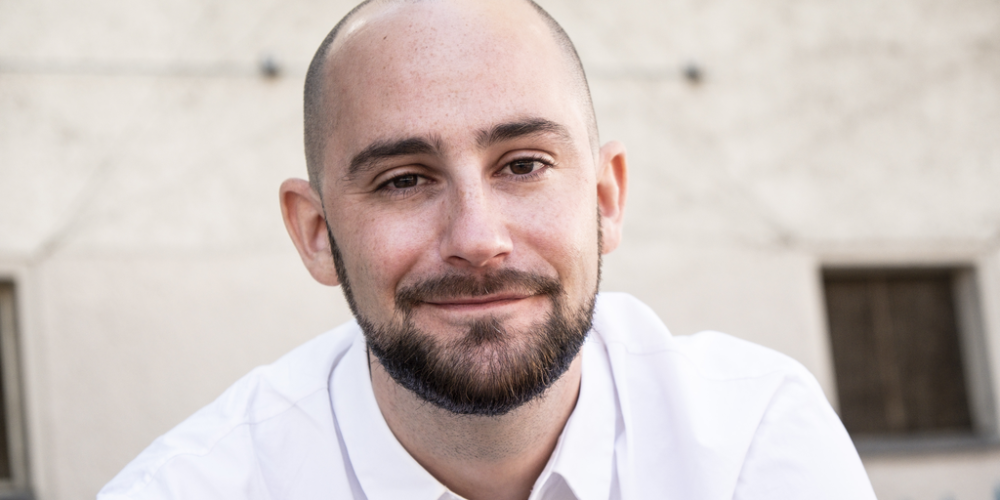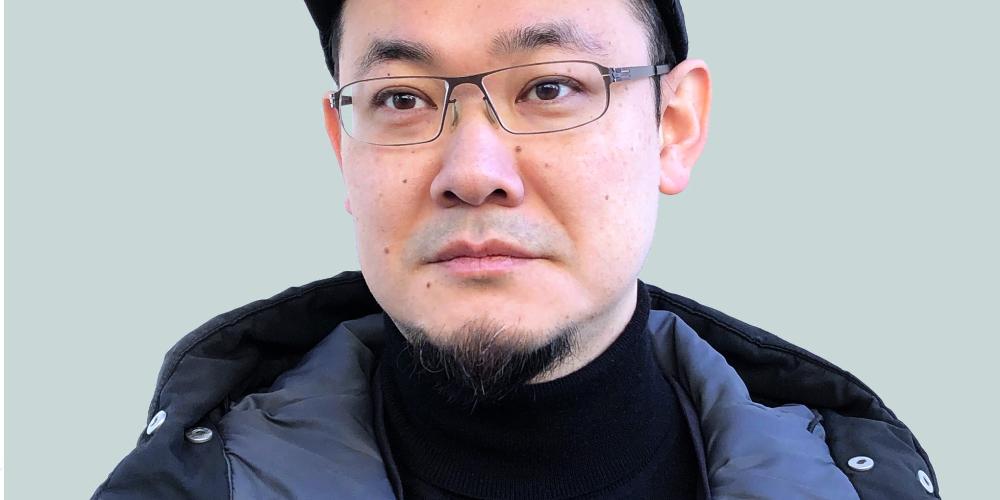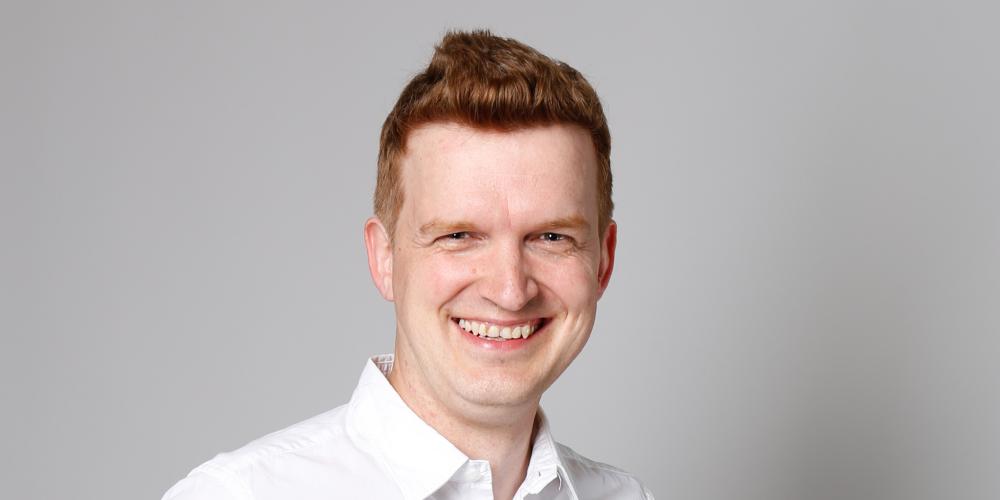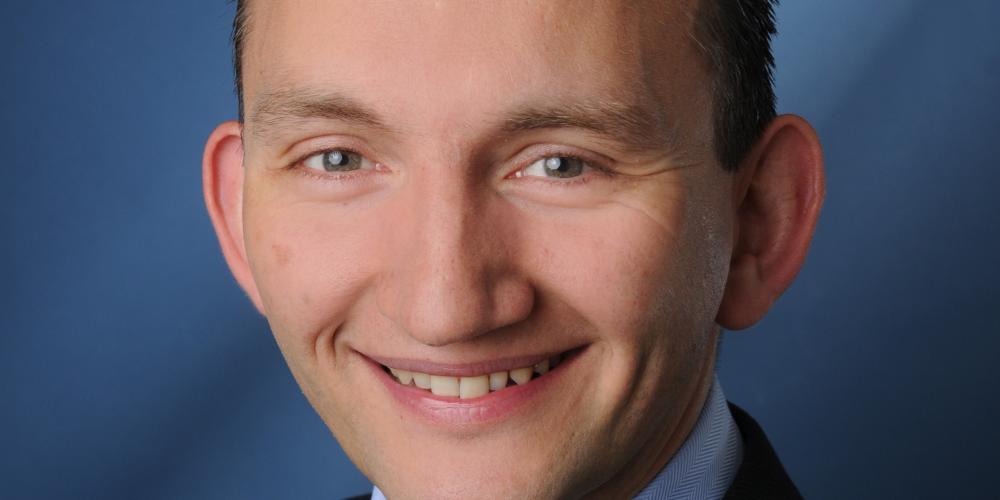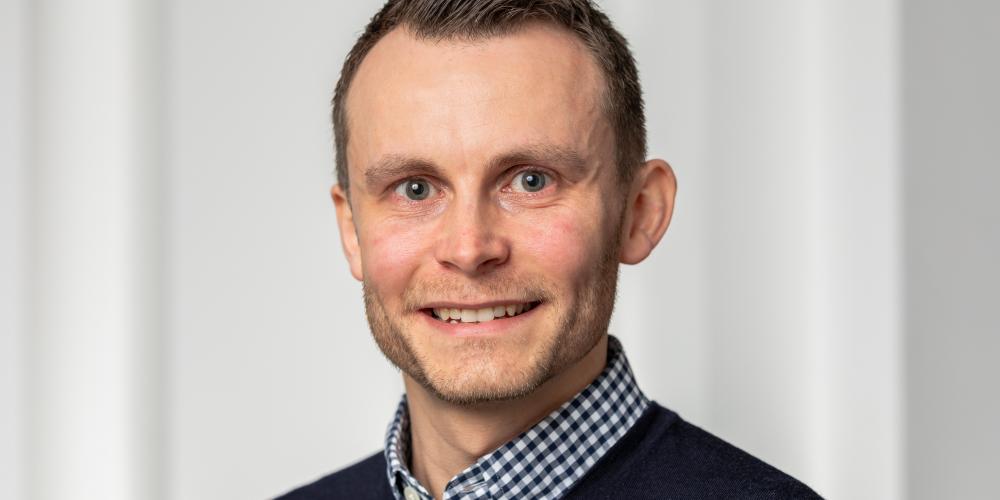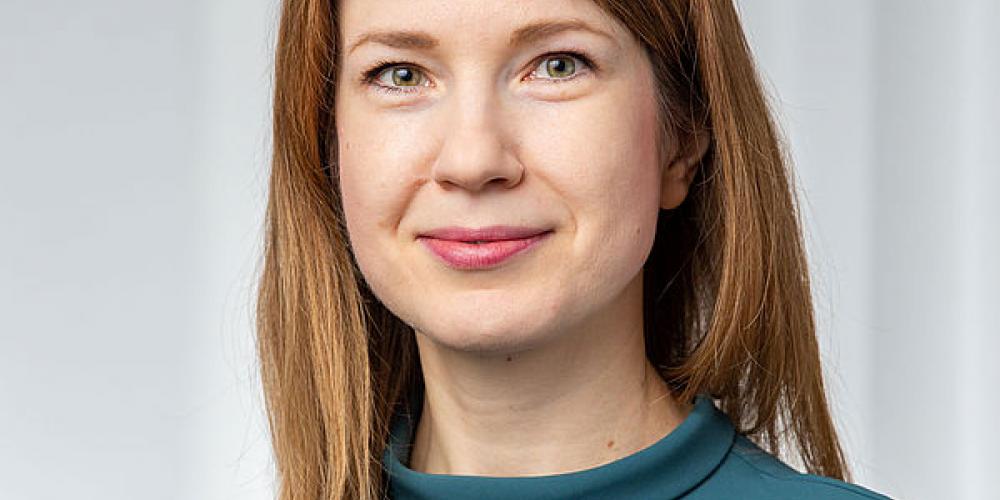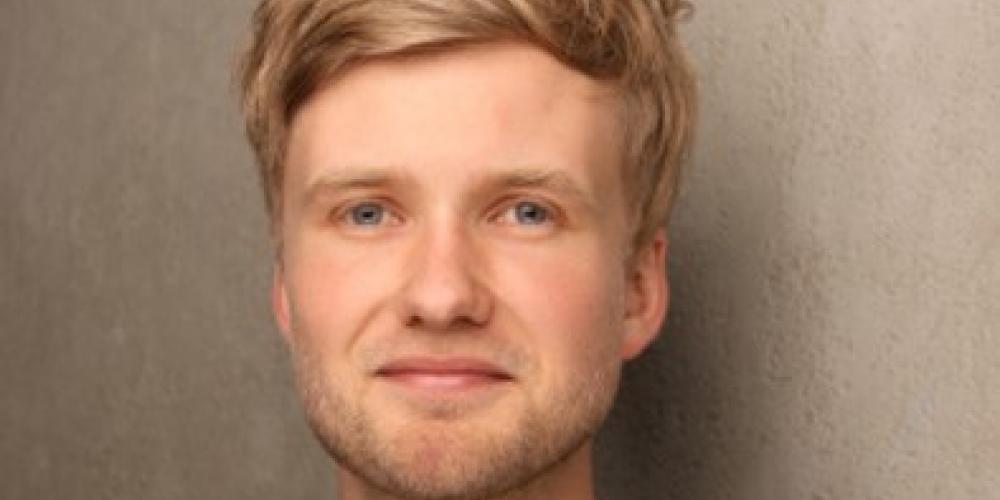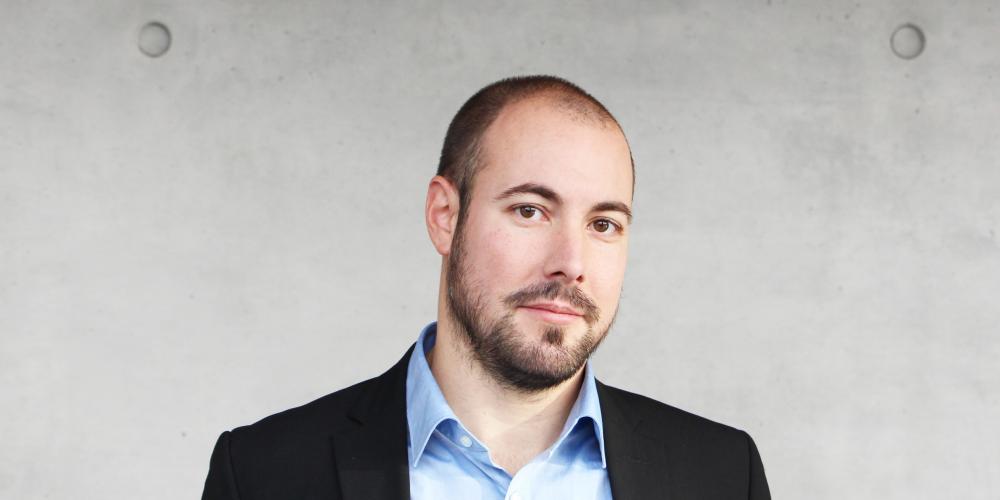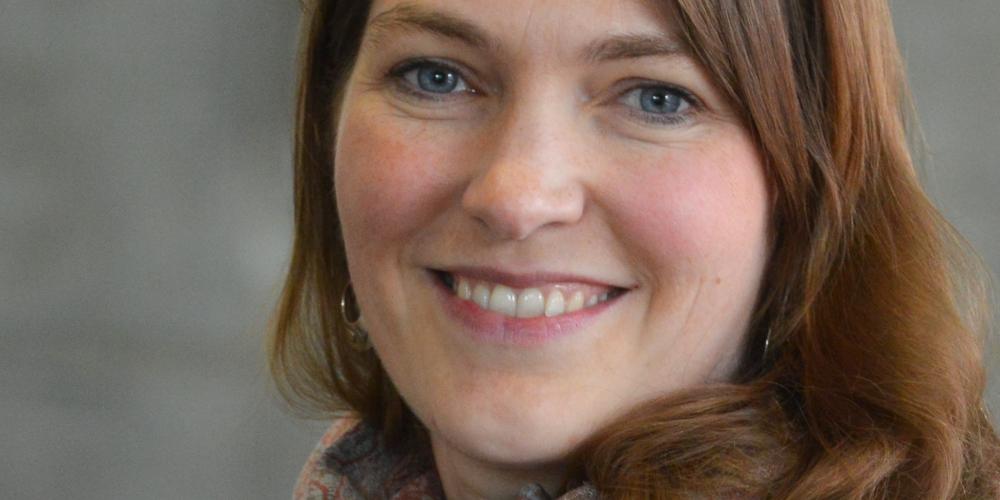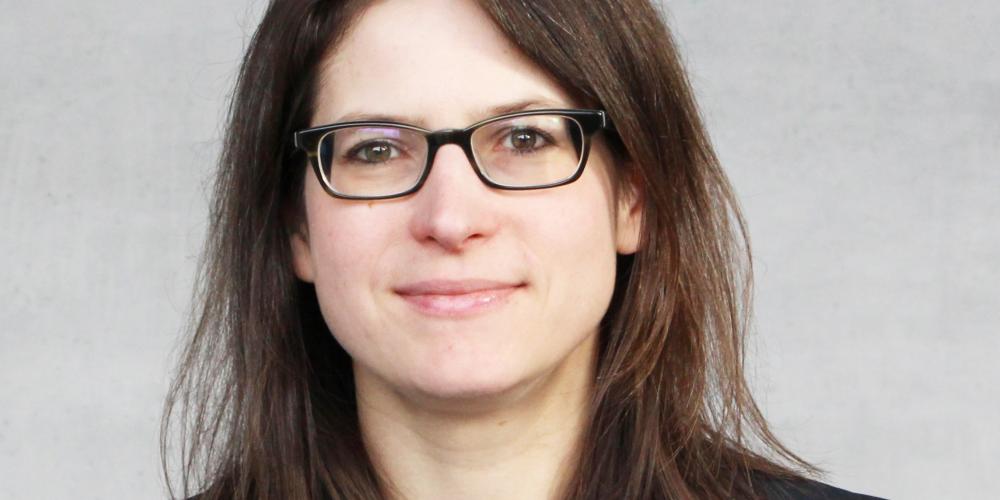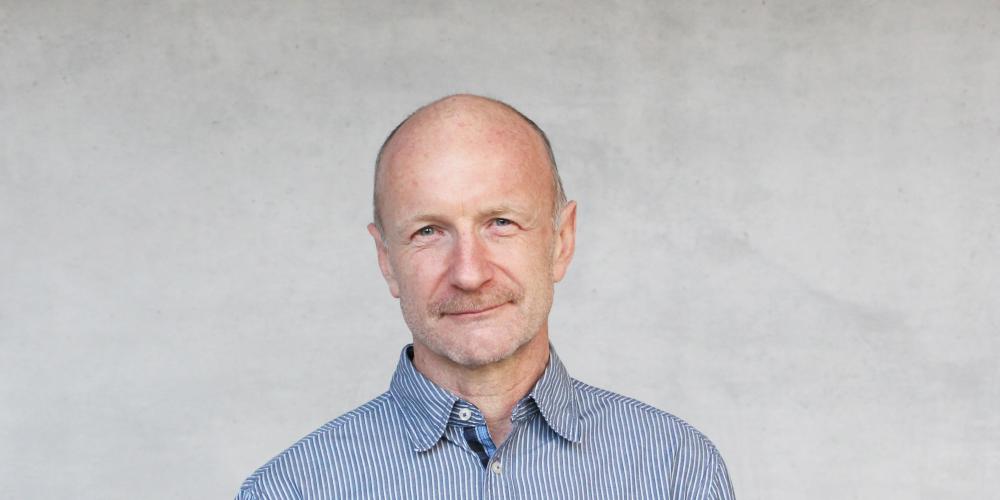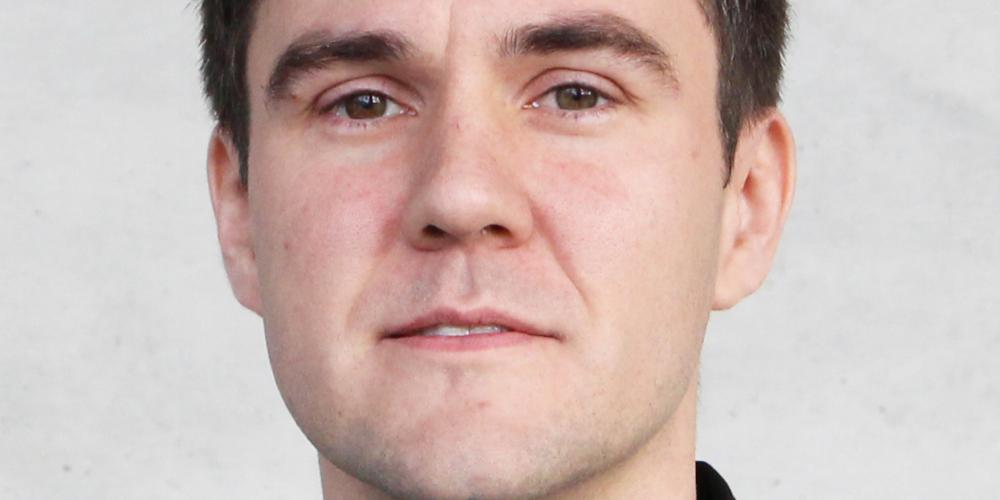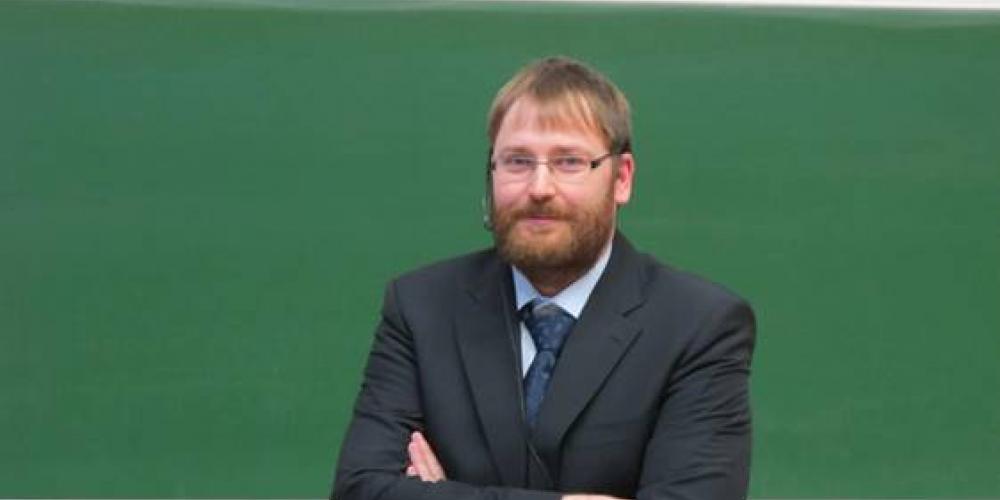Mobility & Logistics
Prof. Staab's research combines topics of labor, social structure analysis, sociology of technology and political economy in a contemporary analytical perspective. Currently, Prof. Staab is particularly involved with questions of the political shaping of digital capitalism, the connection between digitalization and sustainability, as well as the role of critical infrastructures for the future viability of modern societies. The professor pursues a theory-oriented, present-diagnostic sociology in the context of social change, conflict, and inequality, which always seeks dialogue with the public.
- consulting,
- drafting of studies and
- policy papers as well as presentations
on important current topics in the areas of society, politics and economics, in particular digitalization and sustainability as well as work. The focus is on future developments of society as well as political and economic options for action.
- Organizing and conducting several conferences with a large political foundation
- Writing a policy study for a large labor union
- Advising members of parliament, ministries as well as the European Commission
Prof. Miyazaki, is a critical humanities scholar working on the theory, critique, and history of digital media, digitization, and computation as productive practice. He uses numerous social-critical, philosophical and technology-related theories of the last century (historical materialism, critical theory, poststructuralism, science and technology studies, media theory, media archaeology, postcolonialism, design studies). Currently, Prof. Miyazaki is working on the theory and history of alternative, non-profit, sustainable production practices that could be realized through other types of digitization. The focus is not only on social change, but also on technical-media change, which has no future without critical knowledge of technology.
Consulting through studies, lectures and talks on current topics in the field of information technologies, algorithms, society, culture and politics with a focus on digitalization, sustainability and criticism. The focus is on the deployment of alternative lifestyles and forms of life in the future, as well as socio-political opportunities to take action.
- Establishment of the Critical Media Lab at the Institute Experimental Design and Media Cultures at the School of Art and Design FHNW (Claudia Mareis).
- Associated Investigator in the Cluster of Excellence "Matters of Activity".
- Publication: "Counter-Dancing Digitality. On Commoning and Computation".
Professor Zender and his team at the Chair of "Didactics of Computer Science | Informatics and Society" work on a wide range of topics related to educational technologies, the teaching methodology of computer science and socio-technical systems. He focuses on the use of immersive technologies such as virtual and augmented reality in teaching and learning settings. His activities concentrate on the design and development of such VR and AR systems. In his projects, Professor Zender always collaborates with a wide network of interdisciplinary partners from the fields of computer science, media didactics, media pedagogy and various other.
In addition, Professor Zender is the deputy speaker of the specialist group on educational technologies of the German Informatics Society (GI) and initiator of the GI working group on VR/AR-Learning.
- Consulting on the use of educational technologies in concrete teaching and learning settings
- Conception and development of learning-effective applications with virtual and augmented reality (VR/AR)
- Conducting lectures and training courses on the topic of "Teaching and Learning with VR/AR"
- Cooperation with companies and research institutions from vocational education and training: conception and development of teaching/learning systems, realisation of transfer events
- Cooperation with training institutions from the automotive industry in particular: development of VR simulations for training purposes
- Cooperation with companies from the IT sector (e.g. providers of learning systems): design and development of teaching/learning systems
- Cooperation with scientific institutions (universities, private research institutions, etc.): implementation of research projects, scientific events and transfer activities as well as community work
Teaching and Learning with Virtual and Augmented Reality
leading company in the field of microcredit
WebTrekk and Uebermetrics
Professor Lessmann's research focuses on machine learning and artificial intelligence (MLAI) methodologies and their use cases in managerial decision support. Areas of interest include but are not limited to explainable AI, causal/interpretable machine learning, natural language processing, predictive analytics and time series forecasting.
He is specialized in MLAI applications in the broad scope of marketing and risk analytics. He is also actively involved in knowledge transfer, professional education and consulting projects with industry partners ranging from start-ups to global players and non-profit organizations.
- Prototyping, evaluation, and benchmarking of ML/AI-based prediction and decision models
- Development of PD, LGD, and EAD forecasting models
- Processing of textual data for knowledge extraction
- Assessment of the information value of commercially available data sources (e.g., credit bureau data) for predictive modeling
- Estimation of personalized, individual-level treatment effects
- Professional education in ML/AI, data science and business analytics
FinTech - Based on concepts of Bayesian statistics and semi-supervised machine learning, Professor Lessmann and his team have developed a system to solve the problem of inference rejection in the lending industry. Their solutions provide significantly better risk scorecards and make it easier for lenders to predict the predictive power of a scorecard (e.g., the PD) in operation. The project was conducted with a leader in the microcredit space.
E-commerce - Together with WebTrekk and Uebermetrics, Lessmanns working group is developing an AI-driven web controlling system that examines web metric time series (page views, visits, bounce rates, checkouts, sales, etc.) and identifies the causes of observed patterns (e.g., anomalies). To this end, their system integrates deep causal detection algorithms based on reinforced learning and xAI methods. To extend the scope of their root cause explanations, they also monitor various social media streams and use advanced NLP algorithms for event detection. The unique combination of these AI concepts provides web controllers and store managers with advanced insights into their business operations.
Digital marketing - Lessman and his team have developed advanced causal machine learning models for real-time targeting of e-coupons and other digital marketing stimuli. Their optimal (i.e., profit-maximizing) methodology includes both single and multiple treatment scenarios and leverages traditional supervised learning algorithms to enable cost-effective deployment.
Professor Lessmann has taught a number of professional education courses in subject areas such as credit risk modeling, fraud detection, advanced analytics, and machine learning, to name a few. Some of these courses are offered as part of the SAS Business Knowledge Series, but are also available on the R and Python platforms. Requests for professional development in the areas of his expertise are welcome.
- funding by various bodies including DFG, DAAD, IBB (e.g. Transfer Bonus, ProFIT)
industrial companies and research institutions
security company
Prof. Florian Tschorsch and his team research interests revolve around the analysis and design of distributed systems, in particular network architectures and communication protocols. Here, the inherent implementation of data protection and security requirements in a networked environment represents the overarching research goal. Furthermore, the interaction with other system properties such as resilience, scalability, performance and decentralization is considered. Within this framework, topics such as anonymity or weak identities, data privacy, telemetry infrastructures, peer-to-peer networks, and blockchain technologies are explored.
In addition to this technical expertise, the team is also experienced in collaborating on a wide range of interdisciplinary projects, for example in exchanges with lawyers, economists, and data analysts.
- Threat modeling with regard to data protection, data security and network security
- Network measurements and simulations
- Design and analysis of resilient distributed systems and algorithms
- Consulting on the handling of unauthenticated digital identities
- Consulting on the use and integration of blockchain technologies
- Project work in interdisciplinary teams consisting of industrial companies and research institutions
- Cooperation with a security company on the topic of digital identities and IT infrastructures
- Implementation of pilot projects in real applications
- Mentoring or consulting for startups and companies in the area of network security and blockchains
world-leading energy group
Professor Danilov is engaged in empirical human resource management research, as well as the identification of causal relationships of the effect of human resource management tools on employee motivation and productivity. She also conducts research in organizational and human resource economics, in the field of empirical human resource management (HRM), and in the course of this she works with Big Data and People Analytics using machine learning.
- randomized studies (A/B tests) on incentive setting
- work design and employee motivation
- analysis of data (accounting, personnel, etc.)
- "Delegation of decision making and productivity and employee satisfaction" at a world-leading energy company.
Prof. Pinkwart’s research group investigates a range of topics including adaptive educational technologies, computer supported collaborative learning, computer science education methods (especially in the fields of programming and modeling), social media and cooperative systems, and socio-technical systems. In addition, they develop multimodal human-computer interaction methods using interactive surfaces, mobile devices and 3D technologies. Prof. Pinkwart is a well-known member of numerous national and international committees and projects in basic and applied research. His team can offer specialised expertise in computer-assisted education and training, especially in the field of mobile and ubiquitous learning and teaching scenarios, computer-based group learning methods, and adaptive mechanisms in e-learning. In this context, Prof. Pinkwart and his team realise numerous research projects and co-operate with several educational institutions and companies. Concerning socio-technical systems, Prof. Pinkwart’s team conducts research on issues of design, implementation and evaluation of group-oriented software applications (e.g. online communities).
- interactive table (multi-touch)
- electronic boards
- tablets (20x)
- co-operation with IT companies: consulting for didactical concepts applied to online courses in the fields of media production and e-learning
- co-operation with e-learning companies: formation of study groups in large online courses
- co-operation with automotive supplier: designing human-machine interfaces for production machines
- co-operation with automotive manufacturer: multimodal control concepts for car infotainment systems
As part of their scientific activity Dr Markus Krutzik and the team members of the.quantum.chapter have acquired an extensive amount of expertise in developing tailored quantum sensors - from key technology to subsystem and system level. Quantum optical sensors and optical clocks are used in high-precision inertial navigation, gravimetry and gradiometry or for the synchronisation of networks. Hence, they are central for navigating GPS-free environments, for geophysics, the exploration of natural resources, the monitoring of climate change, and for addressing fundamental questions of modern physics. Central to their research are compact and robust setups for optical spectrocopy, absolute frequency references, and ultra-cold atom based inertial sensors. For this purpose, the team developed lasers and optical systems for generation and manipulation of light, as well as control software and data management platforms. Their setups are not only operated in laboratory research: They are also used as in field or even in space. In addition to development, testing and operation of atomic quantum sensors, Dr Krutzik and the team gained expert knowledge in all stages of mission and system design, ranging from mission architecture and identification of requirements to system integration and qualification, as well as development of control concepts and data analysis. In addition to Humboldt-Universität zu Berlin Dr Krutzik is also associated with Ferdinand-Braun-Institut, Leibniz-Institut für Höchstfrequenztechnik.
- Methods for the design, development and testing of compact, robust and tailored quantum sensors - from component to system level
- Identification of critical technologies and construction of prototypes
- Workshops and seminars
Dr. Krutzik is also part of "The Quantum Chapter" team, which provides workshops, training, prototyping, and consulting around the topic of quantum technology.
Model-driven engineering raises the level of abstraction in software engineering by using models as primary development artifacts. In particular, domain-specific modelling languages can ease the transition between informally sketched requirements or designs and implementations by supporting high-level yet formal representations as a starting point for automation. Moreover, using a model-based development approach, critical system properties can be analyzed, validated and verified even before the system is actually built. Model-driven development thus leads to an increase in both productivity and quality. To some extent, model-driven engineering has made its way into industrial practice, most notably for the development of embedded systems in various domains. However, model-driven engineering does not suffice to successfully manage all challenges of modern software engineering, and actually creates new problems. Research conducted at the Chair of Model-driven Software Engineering is particularly driven by relevant challenges and problems arising from the adoption of the model-driven engineering paradigm in industrial practice.
- Experience in implementing model-based development engineering methods, techniques and processes
- Know-how regarding the set-up of model-based transformation chains (domain-specific modeling languages, model transformation and interpretation, code generation) and development environments (collaborative modeling, (co-)evolution of models, model repair and synchronization)
- Expertise in the field of version and variant management, especially customized configuration management and software product lines
- Collaboration with a Berlin-based software company on the development of innovative software architecture analysis techniques for the quality assurance of embedded systems
- Consulting for a major German automotive supplier with regard to fundamental questions of configuration management of models for the model-driven development of embedded systems
- Support of an international electrical engineering corporation with the model-based development of software components for a new generation of internet-based multimedia building communication systems
Prof. Hoppe’s research is focused on Occupational Health Psychology (OHP) especially on the analysis of work activities to maintain employee health and performance as well as to provide learning and development opportunities. OHP integrates occupational and health psychology with occupational medicine and traditional labor safety, which is insufficient for today’s flexible employment situation. Prof. Hoppe also examines the psychosocial characteristics of a specific workplace, e.g. work requirements or the level of influence on and control over tasks as well as the social working environment. She also studies the effects of these characteristics on employee health and his/her well-being. She investigates how psychosocial work characteristics influence an employee’s motivating factors like job satisfaction and commitment. Particular attention is paid to the situation of migrant and low-skilled workers and the analysis of the impact their workplaces and work environments may have on their health and well-being. Moreover, Prof. Hoppe studies multi-ethnic and -lingual workforces and the effects of diversity on employee health.
- risk assessment methods for workplace conditions
- employee surveys regarding the promotion of health at workplace
- interventions to promote health at work
- postal operators, logistics companies, professional care providers, manufacturing companies: execution of employee surveys to gather data on psychosocial strain and resources in the workplace and to analyse effects of stress, job satisfaction and work performance
- public institutions (e.g. universities, federal ministries), consulting companies, self-employed persons: development of health-related interventions and training sessions via mobile devices (e.g. smartphones, tablets) to facilitate recovery strategies and self-management
- Michel, A. & Hoppe, A. (2022). Handbuch Gesundheitsförderung bei der Arbeit: Interventionen für Individuen, Teams und Organisationen (1. Aufl. 2022 Aufl.). Berlin: Springer.
local company
Professor Hafner‘s research in Adaptive Systems is concerned with extracting principles of intelligence from biological systems and transferring them to artificial systems. We focus on the transfer of cognitive skills to autonomous robots. The challenge not only lies in building intelligent autonomous robots, but also in gaining insights into biological systems through robot experiments. Our main research themes are sensorimotor learning, internal models for prediction, attentional processes, and spatial cognition. The methodological approaches cover evolutionary algorithms, neural learning, and information theory. We use various types of mobile robots as research platforms, e.g. humanoid, mobile, flying and underwater robots, as well as software simulations. Professor Hafner is IEEE Senior Member and Principal Investigator in several projects funded by the EU.
- Local company for automation and robotics: Student semester project for the development of a collaborative fleet management system for autonomous transport robots.
Research at the chair of Wireless Broadband Communication systems within the computer engineering group focuses on communication systems for ultra-high data rates. Professor Eckhard Grass and his research group develop and investigate systems operating at ultra-high frequencies and research techniques and methods to improve the efficiency and reliability of wireless communication. The main reserach and developement focus is physical layers (PHY) and MAC layers.
- Complete toolchain for modelling, simulation, design and test of communication systems
- Software Defined Radio (SDR) modules
- Various FPGA platforms and toolchains for FPGA design
- Modules for mm-wave communications
- Measurement equipment such as oscillosocopes, spectrum analyzers, arbitrary waveform generators
- Development of a system for high-speed wireless communication with simultaneous distance measurement for a renowned automotive supplier
- mm-wave communication system with integrated positioning of mobile nodes for augmented reality applications for German industrial equipment supplier
- Joint development of a system for secure wireless communication for industry 4.0 together German industry partners
- mm-wave connections for 5G transport networks with European industry partners
Prof. Weidlich chairs a research group on "Databases and Information Systems" at the Department of Computer Science. Earlier, he held positions at Imperial College London and the Technion - Isreal Institute of Technology. The group focuses on data-driven analysis of process-oriented systems (process mining), approaches for efficient processing of continuous data streams, as well as methods for the design of workflows for exploratory data analysis. The algorithms and systems developed by the group have been successfully applied in diverse domains, reaching from health care through logistics to e-commerce.
Consulting and knowledge transfer in
- Process Mining, data-driven analysis of processes
- Scalable infrastructures for data stream processing
- Design of data analysis workflows
- for a leading US cancer clinic: analysis and improvement of clinical processes based on the data of a real-time-locating-system
- for an international oil and gas group: development of techniques for detecting irregularities in streams of sensor data
- for a manufacturer of enterprise software: design of algorithms for efficient analysis of business process executions
TWT GmbH
At the Chair of Software Engineering, Prof. Grunske and his team specialise in methods of software technology relevant to the field of automated development and quality control of software systems. His work also involves probabilistic techniques on the basis of which the probable and less probable behaviour of a program can be modelled. This allows for easier discovery and correction of software anomalies. Such statistic models are used in the monitoring and debugging of programs during runtime as well as in testing software, which supports the development of safe and reliable software systems. Furthermore, Prof. Grunske develops methods that enable a precise definition of the quality requirements of software systems, the formalisation of verification conditions as well as the (technical) safety in embedded systems and process and performance management.
- Software engineering
- Testing and verification
- Statistics/probabilistic methods
- Formalisation of application scenarios in cooperation with TWT GmbH: “Safe.Spec: Quality control of behaviour requirements”
- Using software systems to derive probabilistic models that can be used as specification during the software engineering process: „EMPRESS: Extracting and Mining of Probabilistic Event Structures from Software Systems”
- Development of evaluation methods for probabilistic models as well as machine learning based techniques for the transformation of models: “ENSURE-II: ENsurance of Software evolution by Run-time cErtification”
Prof. Freytag holds the chair of Databases and Information Systems (DBIS). His research interests include all aspects of processing and query optimisation in (object-)relational database systems, developments related to databases (such as semi-structured or graph based data), data quality, big data analyses as well as privacy support in database and information systems. Furthermore, Prof. Freytag is involved in many cooperations using database technology for applications such as geoinformation systems (GIS), bioinformatics, physics and life sciences. In the past, he received the IBM Faculty Award four times for collaborative work concerning databases, middleware, and bioinformatics/life sciences. In 2009 and 2010, Prof. Freytag won the HP Labs Innovation Research Award for his research in the field of databases and cloud computing. He was one of the organisers of the VLDB (Very Large Data Bases) conference in Berlin in 2003, the most important international database conference. From 2001 to 2007, he was a member of the VLDB foundation (VLDB Endowment Inc.). Since 2009, Prof. Freytag has been the spokesperson of the department DBIS of the German Informatics Society (GI).
- Large IBM Server Linux/AIX with DBMS IBM DB2
- Computer cluster with 128 cores
- 30TB storage capacity
- Renowned American IT/DBMS manufacturer: improving existing database management systems (DBMSs) in the area of query optimisation; extending existing ETL tools
- Renowned American IT/DBMS manufacturer: extending DBMS functionality; designing and prototyping performance improvements in query processing; suggestions for future extension of the DBMS products
- Well known German software manufacturer: continuous consulting in the area of database systems, spe-cifically, query processing over several years to improve performance and functionality
- Well known German company: design and implementation of a query processing optimiser for the Lighweight Directory Access Protocol (LDAP) product of this company
- Consulting for various SMEs in Germany in the area of data modeling and process modeling using a state-of-the-art DBMS technology; using DBMS technology within their own products; strategic consulting for a long term use of DBMS technology
zebris Medical GmbH, myon AG, Simi Reality Motion Systems GmbH
Prof. Arampatzis and his Department of Training and Movement Sciences are dealing with the interaction of the neural and musculoskeletal system in research and teaching. Of special interest for Prof. Arampatzis is the adaptation of the neural and musculoskeletal system by mechanical stress and its influence on human performance as well as motor control and motion security. Through an integrative approach of biomechanics, physiology and neuroscience, consequences for athletes and for people with degenerative changes of the neural and musculosceletal systems will be deduced. The main research focus of the department is on quantifying and changing the neuro-biomechanical potential of humans and on the investigation of its influence on the mobility in everyday life and sports. Considering this, the department also investigates the role of sports activities in order to prevent accidents and to preserve the quality of life for the elderly and people with chronic diseases.
The departments offers three large laboratories with modern sports science equipment:
- Motion Analysis Laboratory with a VICON system including twelve cameras and three AMTI force plates. Both the foundations of the force platforms as well as the camera mounts are decoupled from the sports ground of the laboratory to prevent the transmission of vibrations.
- Force Diagnostic Laboratory with DAVID and Technogym strength diagnostics equipment for all major muscle groups
- EMG laboratory with a Biodex System-3 and an Esaote ultrasound machine, which is used to study the muscle-tendon plasticity. To control the joint angle at the Biodex camera, mounts are available for installing eight VICON cameras. A large LCD-Screen provides the possibility for biofeedback. All labs are air-conditioned and are equipped with an uninterruptible power supply and complete darkening.
- zebris Medical GmbH: evaluation of pressure distribution measurements in treadmills
- myon AG: evaluation of a wireless electromyography system aiming to quantify muscle activation
- Simi Reality Motion Systems GmbH: evaluation of a 3D motion capture system designed to analyse complex human movements
